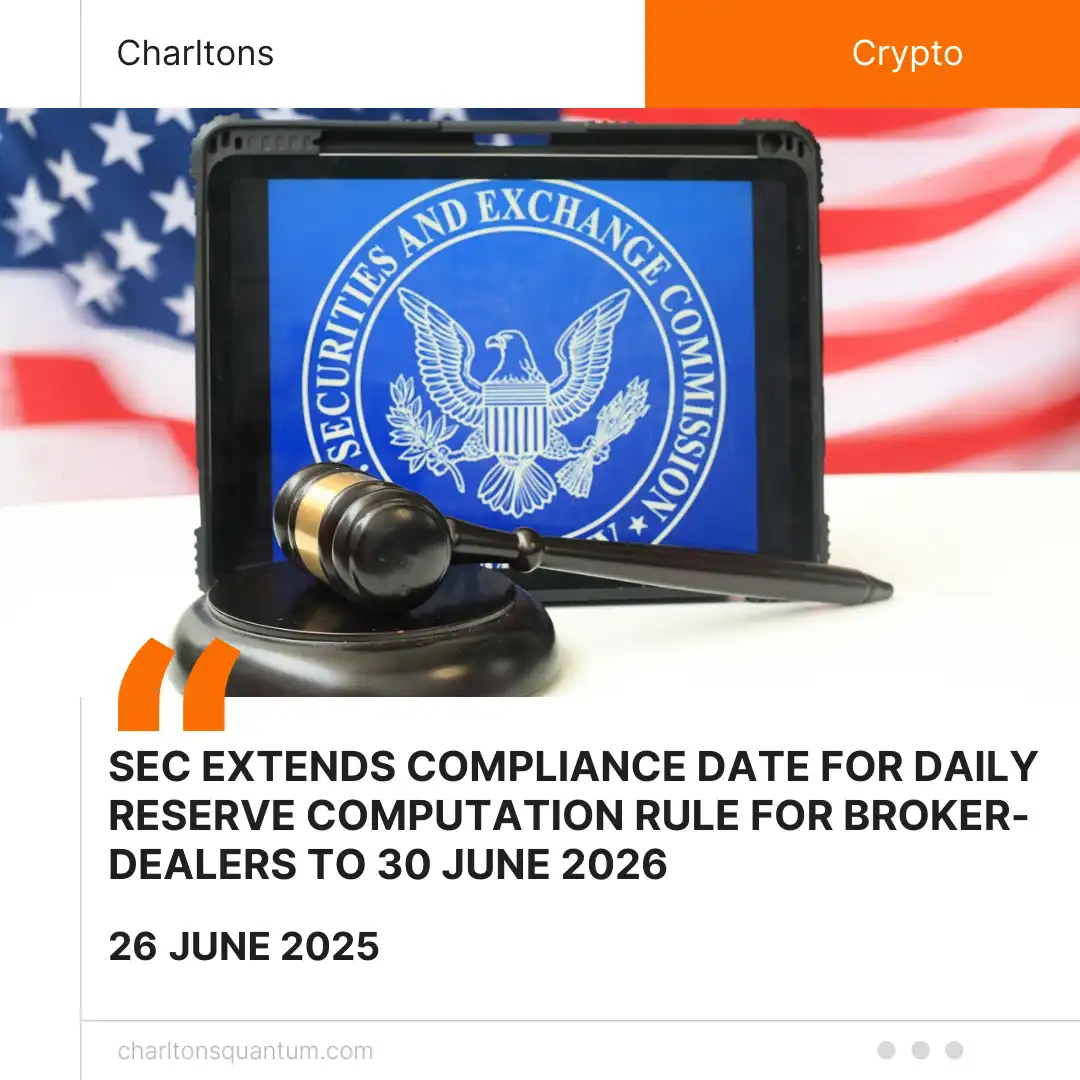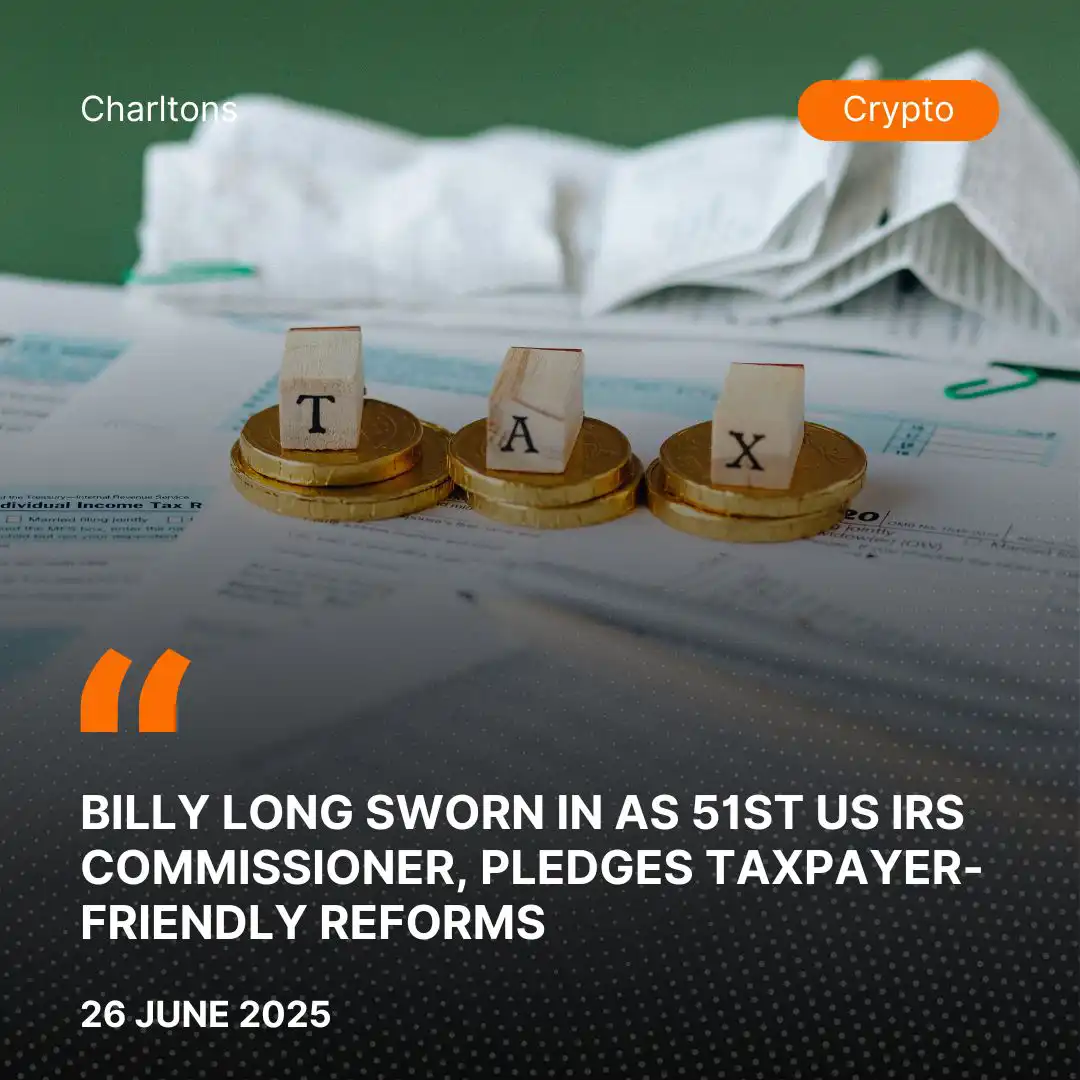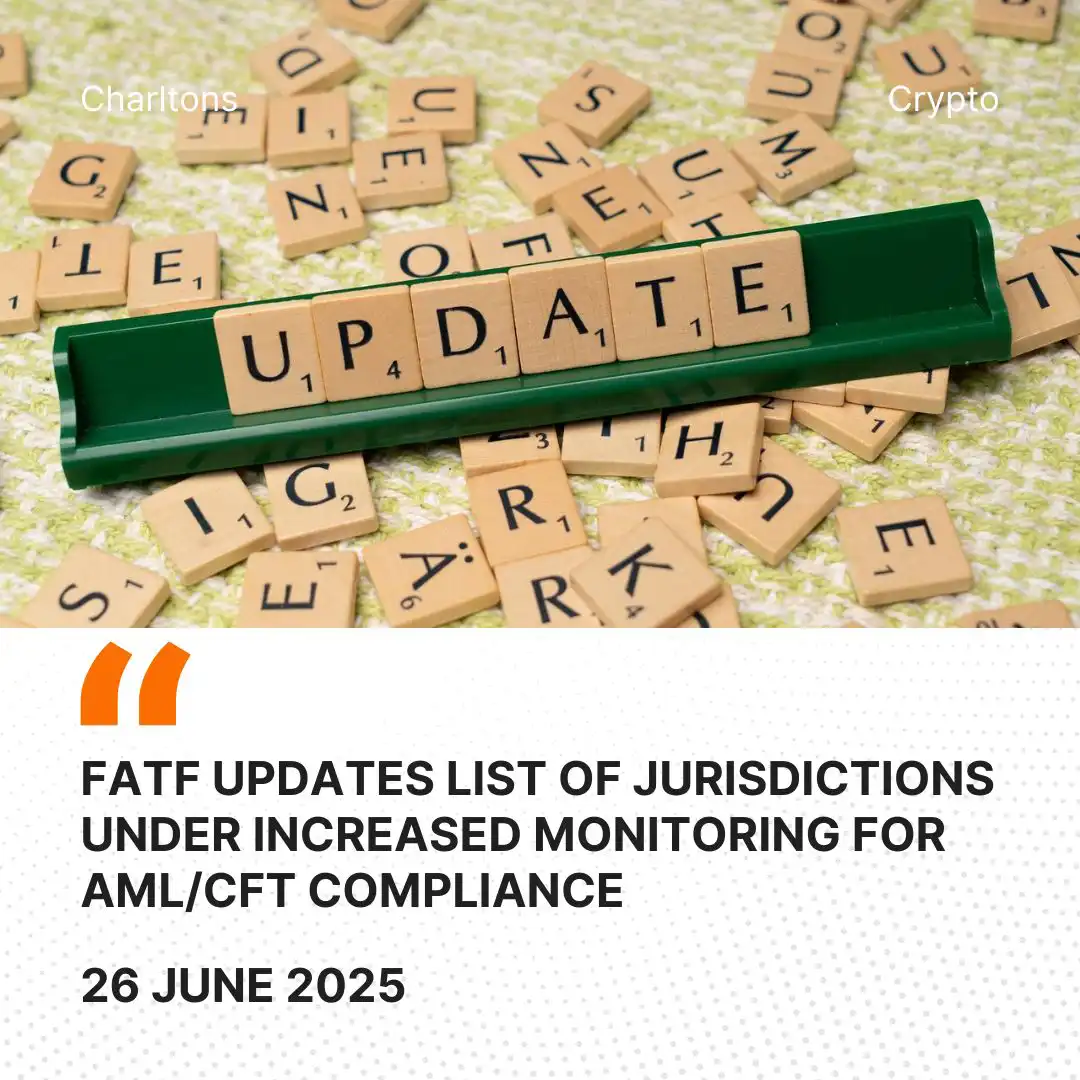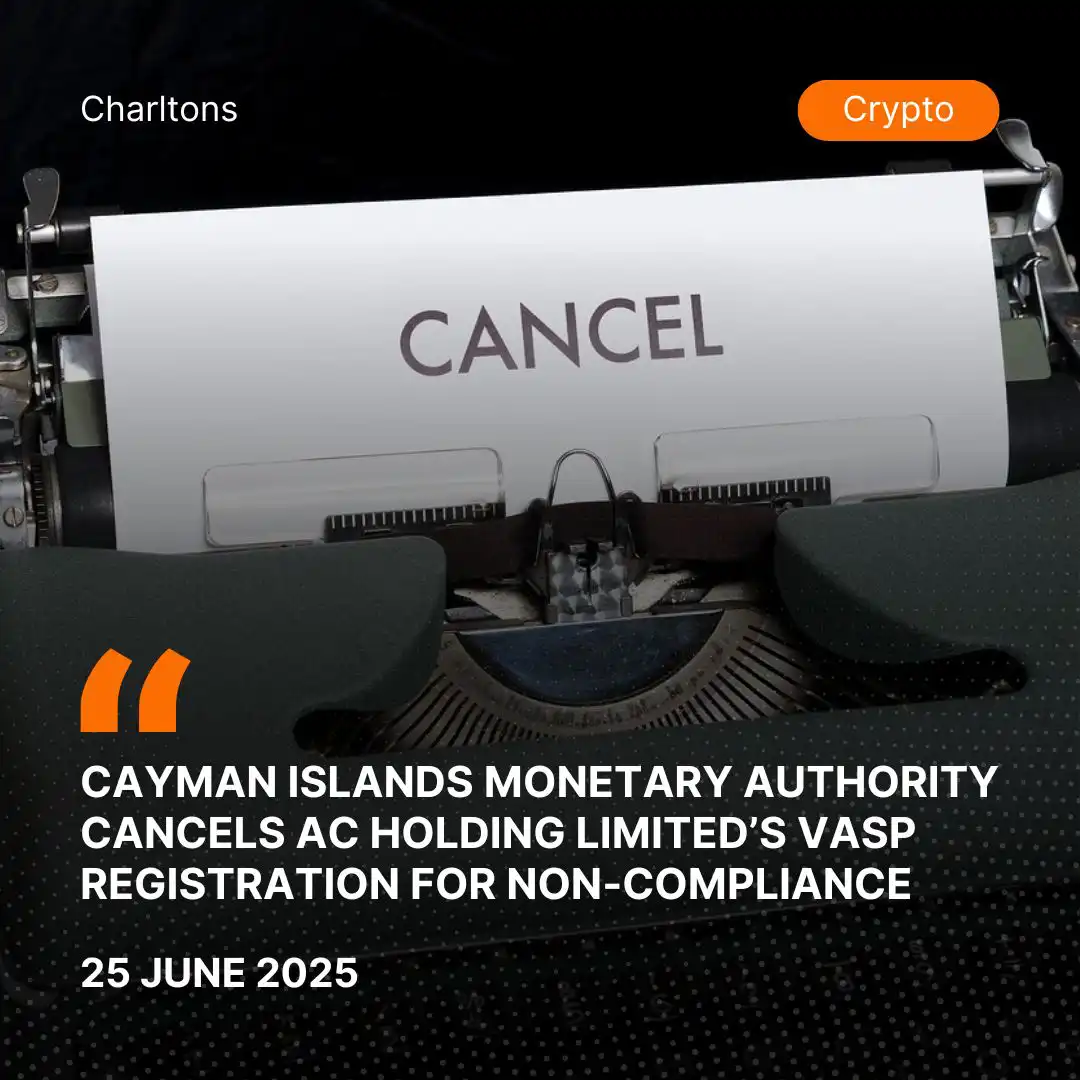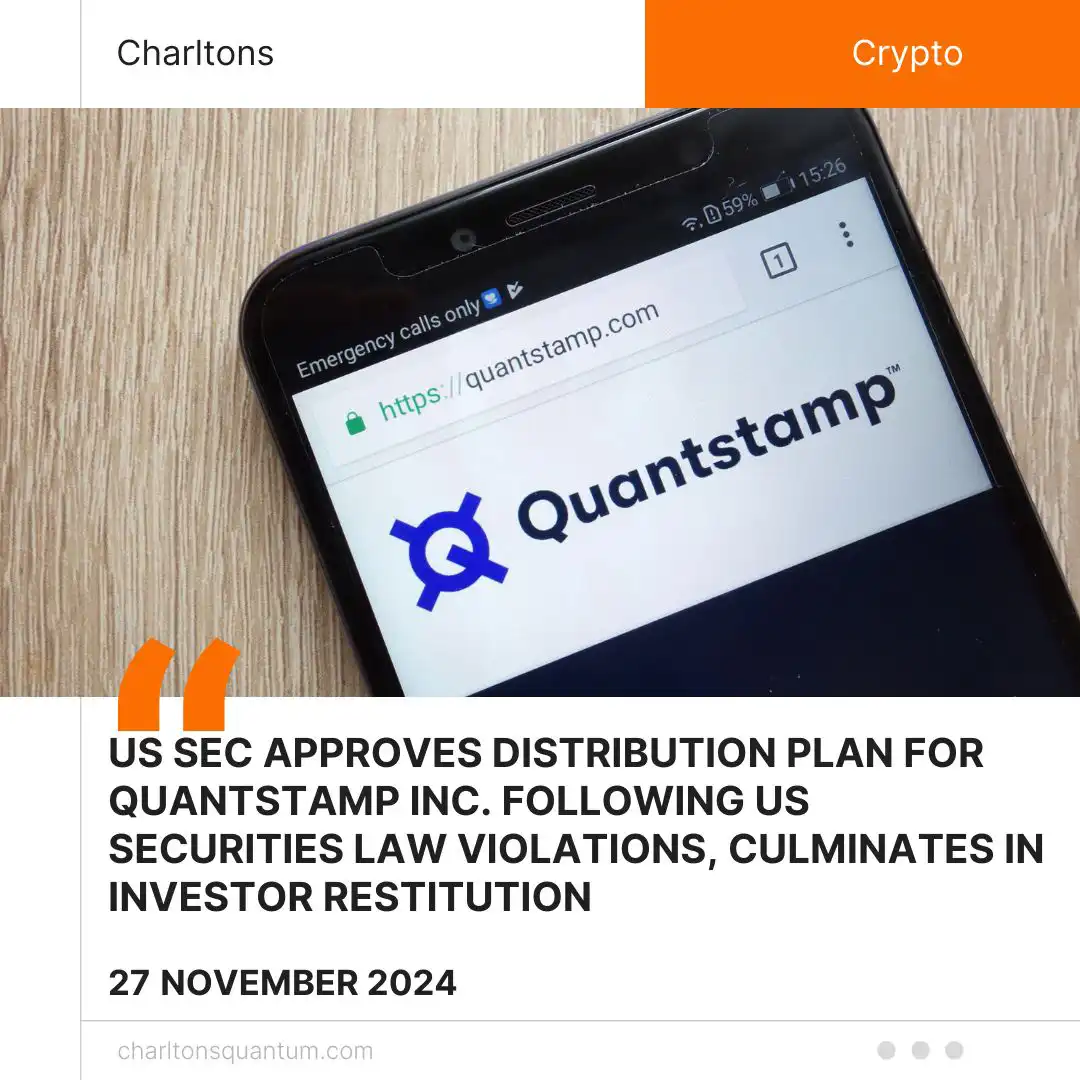
On 26 November 2024, the United States Securities and Exchange Commission passed an order approving plan of distribution concerning Quantstamp, Inc., a blockchain technology company that faced allegations of offering unregistered securities. This resolution follows a series of regulatory actions initiated on 21 July 2023 under the United States Securities Act of 1933, addressing violations related to the company’s QSP tokens.
In October and November of 2017, Quantstamp, Inc. conducted a fundraising campaign by offering and selling QSP tokens, purportedly to finance the development of an automated protocol for auditing smart contracts. Through this initiative, the company raised approximately US $28.35 million in Etherium and United States dollars from over 5,000 investors globally, including a substantial portion in the United States.
The United States Securities and Exchange Commission determined that these QSP tokens constituted securities under United States law. As such, the company was required to register these securities or qualify for an exemption, which it failed to do. This oversight resulted in violations of Sections 5(a) and 5(c) of the United States Securities Act of 1933, which govern the registration and offering of securities. On 21 July 2023, the Commission ordered Quantstamp, Inc. to cease and desist from further violations and to pay a total of US $3,473,515. This sum included US $1,979,201 in disgorgement, US $494,314 in prejudgment interest, and a US $1,000,000 civil penalty.
The United States Securities and Exchange Commission’s approved plan aims that the collected penalties and restitution funds are allocated to investors harmed by Quantstamp, Inc.’s unregistered token offering. A Fair Fund, established under the United States Sarbanes-Oxley Act of 2002, will manage the US $3,473,515 in disgorged funds, penalties, and accrued interest. The plan covers losses incurred by individuals who purchased QSP tokens between 1 October 2017, and 20 July 2023.
The distribution proposal was made public on 7 October 2024, and open for public comment for 30 days. As no comments were received, the plan was formally approved on 26 November 2024, and will be implemented under the supervision of the United States Securities and Exchange Commission.
Quantstamp, Inc. is a blockchain technology company that aims to enhance the security of decentralized applications by automating the auditing of smart contracts. Smart contracts, which are self-executing agreements encoded on blockchain platforms, play a critical role in various blockchain applications, including decentralized finance. Quantstamp’s QSP token was designed to facilitate payments for these security services, allowing users to request audits, incentivize validators, and participate in the ecosystem.
The QSP token, despite its utility claims, was deemed a security by the United States Securities and Exchange Commission because it was marketed and sold to raise funds for company operations and was presented as an investment opportunity. The Commission noted that Quantstamp, Inc. promoted the tokens to investors with the expectation of profit, thereby fulfilling the criteria for a security under United States law.
Quantstamp, Inc. violated Section 5(a) of the United States Securities Act of 1933, which prohibits the sale of securities without a valid registration statement and Section 5(c) of the United States Securities Act of 1933, which forbids offering securities without proper registration or exemption. The unregistered sale and marketing of the QSP tokens were deemed as a failure to comply with regulatory requirements, exposing investors to risks without adequate oversight.
The enforcement action against Quantstamp, Inc. high is one of many in the digital asset sector by the United States Securities and Exchange Commission for noncompliance of securities laws even when dealing with innovative technologies like blockchain. The resolution orders the creation of a Fair Fund to compensate affected investors and mitigating harm while reinforcing legal accountability in the rapidly evolving blockchain industry.
(Source: https://www.sec.gov/files/litigation/admin/2024/34-101760.pdf)


